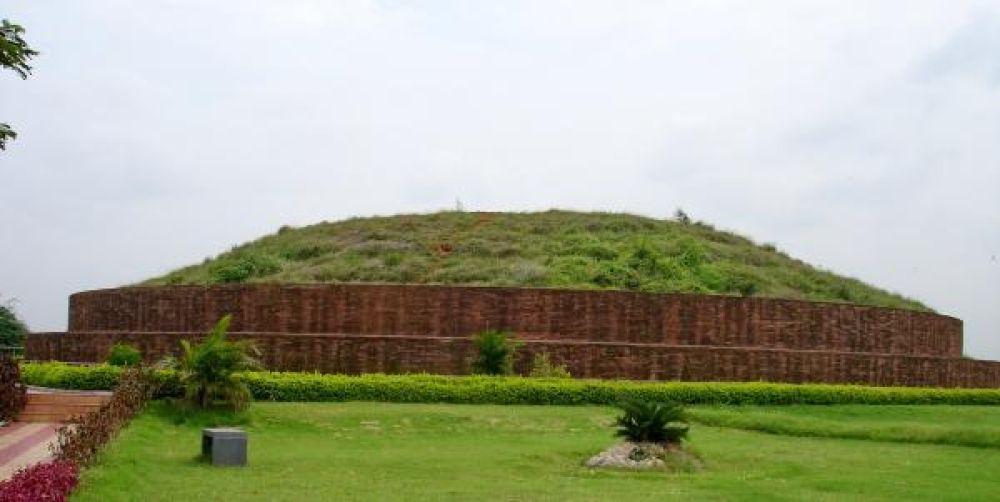

Nelakondapalli is a village steeped in history, located in the Khammam district of Telangana, India. This quiet village is renowned for its ancient archeological and historical significance. It was once a flourishing Buddhist center and has been mentioned in various texts and inscriptions that date back to the 3rd and 4th centuries AD.
The village gained prominence in the tourism sector after the discovery of various Buddhist structures during excavations conducted by the Archaeological Survey of India (ASI). The unearthed stupa remnants, viharas (Buddhist monasteries), chaityas (prayer halls), and cisterns point to a time when Nelakondapalli was a hub of Buddhist education and worship.
The presence of Buddhism in this region can be attributed to its strategic position along ancient trade routes that connected various parts of India. Travelers and scholars would have used these routes, facilitating the spread of Buddhist teachings and the establishment of monastic centers like the one found in Nelakondapalli.
Besides its Buddhist past, Nelakondapalli is also home to several ancient Hindu temples, adding another layer to its historical and spiritual significance. These temples, some dedicated to Lord Shiva and Vishnu, contribute to the village's holistic spiritual appeal and offer a multifaceted perspective on the region's religious past.
The village is believed to be the birthplace of the renowned saint and composer, Bhakta Ramadasu, further elevating its importance among cultural and spiritual tourists. The Bhakta Ramadasu Dhyana Mandiram is a temple dedicated to this saint that attracts many visitors.
Recognizing the potential of Nelakondapalli as a significant tourist destination, the Telangana government has initiated efforts to promote and develop tourism infrastructure in and around the region. Efforts are being made to enhance the visitor experience while preserving the archeological integrity of the site.
Today, Nelakondapalli stands as a historical and cultural site attracting not only archaeology enthusiasts but also tourists interested in exploring the religious and cultural fabric of India. It offers a serene and enriching experience to those seeking knowledge of India's past and insights into the evolution of religious thought in the region. The tranquil surroundings, the echoes of ancient chants, and the remnants of a once vibrant community beckon visitors to this quaint village of Khammam.
Note: Visitors to Nelakondapalli are advised to respect the archaeological sites and contribute to their conservation by following guidelines during their visit.